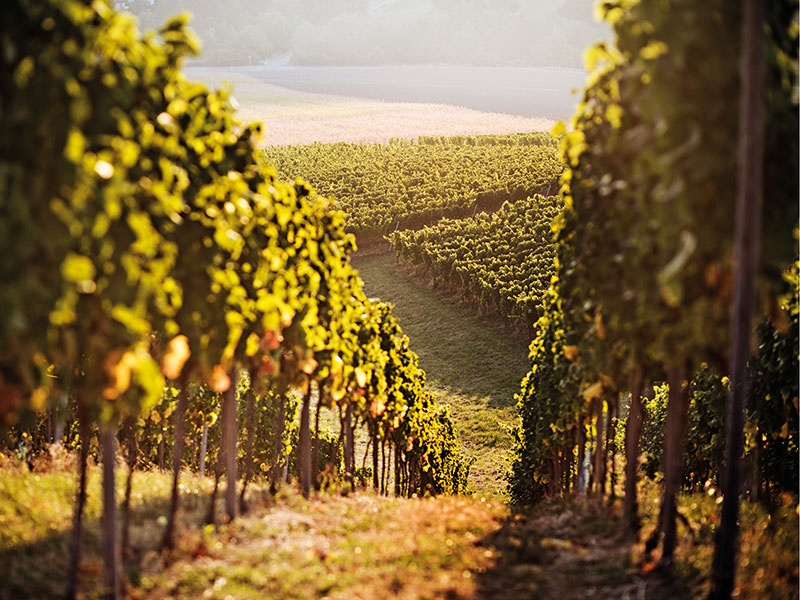Wine enthusiasts and winemakers are beginning to see the impact of a changing climate on vineyards around the world.
So, learning the reason how climate change affects wine production is vital for the future of this industry.
Let’s explore the ways climate change is influencing wine production and why it’s such an urgent matter.
Climate and Wine Production
The climate has always played a pivotal role in wine production. Grapevines are particularly sensitive to changes in temperature, rainfall, and weather patterns.
Traditionally, specific regions have been known for their ideal growing conditions, but these are now under threat due to climate change.

Rising Temperatures
One of the most noticeable changes is the increase in global temperatures. Warmer temperatures can accelerate the ripening process of grapes. While this might seem beneficial at first, it can lead to several issues.
Faster ripening can cause grapes to have higher sugar levels, which in turn affects the alcohol content and balance of the wine. The resulting wines might be stronger but less complex, losing the delicate flavors that wine enthusiasts cherish.
Altered Growing Seasons
Changes in temperature also impact the growing season of grapevines.
Traditional wine-growing regions are experiencing shifts in their growing periods, which can disrupt the entire wine production cycle. Early budding due to warmer springs increases the risk of damage from unexpected frosts.
Thus, prolonged heat in the summer can stress the vines, affecting the quality and quantity of the harvest.
Water Stress
Water availability is another critical factor in wine production. Climate change affects precipitation patterns, leading to droughts in some areas and excessive rainfall in others.
Both extremes are detrimental to vineyards. Drought conditions can lead to water stress, where vines do not get enough water, affecting grape size and vine health.
Excessive rainfall, on the other hand, can lead to root diseases and dilute the flavors of the grapes.
Changes in Grape Varieties
As regions warm, traditional grape varieties may no longer thrive. Vintners are faced with the challenge of either adapting their practices or changing the types of grapes they grow.
For instance, some regions known for cool-climate grapes like Pinot Noir may have to switch to varieties that can withstand higher temperatures, such as Syrah or Grenache. This shift can alter the identity of wine regions and the wines they produce.
Impact on Wine Regions
Regions that have long been associated with certain types of wine may see their reputations challenged. For example, the classic wines of Bordeaux or Burgundy may taste different in the future as winemakers adapt to new conditions.
Meanwhile, areas that were previously unsuitable for wine production might become new hotspots.
This geographic shift can disrupt local economies and the cultural heritage associated with traditional wine regions.
Adaptation Strategies
Despite the challenges, the wine industry is actively seeking ways to adapt. Some winemakers are experimenting with innovative techniques to mitigate the effects of climate change.
Additionally, sustainable practices such as organic farming and reduced water usage are becoming more common as the industry seeks to lessen its environmental footprint.

Embracing Change
Preserving the quality and diversity of wines requires a deep understanding of how climate change affects wine production.
Despite the challenges, the wine industry is resilient. Winemakers can continue to create exceptional wines by adopting innovative practices and adapting to new conditions.
At Own A Napa Vineyard, we ensure that we stand as a testament to the art of winemaking, a legacy of passion, and a unique investment opportunity. For only $119, you can own two vines and enjoy exclusive perks such as hands-on vineyard lessons and exclusive wine discounts.
Join us and be part of this extraordinary journey!





